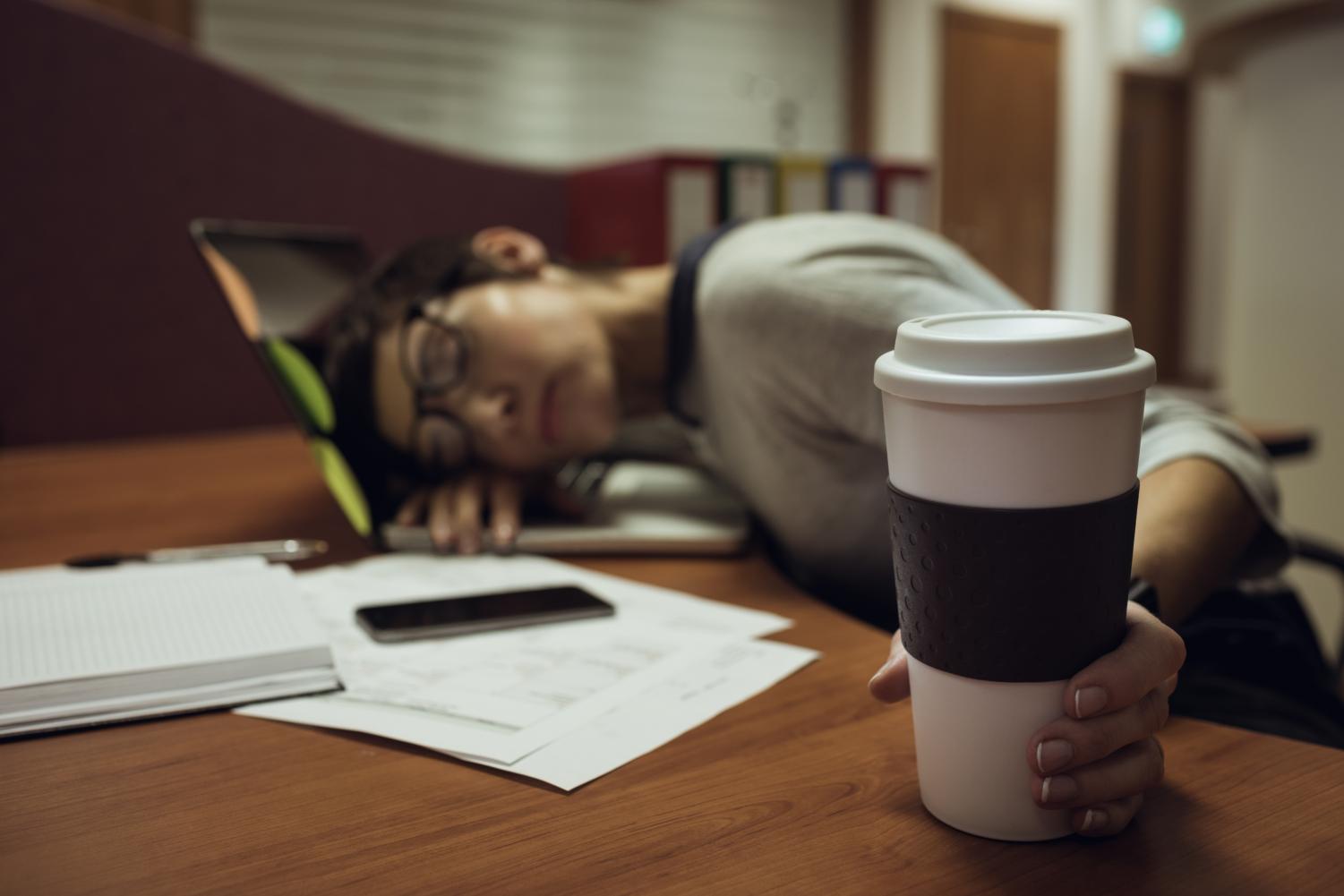Sleep Is Extremely Important for Good Mental Health, Says Expert

Poor sleep habits are the main cause of increase in mental health problems, said Dr. Mohammad Nami, head of the department of neuroscience at Shiraz University of Medical Sciences in Iran, in a webinar held on Nov. 18.
The event, titled “Sleep and Mental Health: Can You Have One Without the Other?” was a part of the Ask the Expert Webinar Series conducted by Student Wellness & Counseling Center at Georgetown University in Qatar. The series of webinars is dedicated to talking about issues on mental and physical health by collaborating with experts in the field.
Nami started the hour-long session by discussing the significance of sleep, in terms of both physical and mental processes. “[Sleep is] one of the main pillars of mental health and functionality,” he said. “We’re bombarded with all those different stressors during the day and the brain has to have a break to clear its structure from all those inflammatory substances. So, if we do not sleep well, we’re not having good mental health and vice versa.”
Speaking to an audience that mainly consisted of students from various Education City Universities, Nami addressed the issue of all-nighters and how it impacts mental health in the long term. The practice of sleeping during the daytime to compensate for night’s sleep is harmful in the long run, he said.
“Although we’re taking night shifts and sleeping during the day, the body clock still has the tendency to experience sleep, gene modification, protein synthesis and all the neuro-dynamic processes at the same pattern during the night,” he said. “People are having excessive daytime sleep as they’re not being able to maintain their sleep during the week hours. As a result, they have problems related to falling asleep, and sleep fragmentation.”
He further elaborated on the effects of a disturbed circadian rhythm, especially for university students. “When we are disrupting our circadian rhythm and are not kind with our sleep schedule, we are prompting the over-secretion of stress hormones,” he added. “We have this inability and disrupted capacity of coping with the pressures, and a chronic risk of putting ourselves into depression, anxiety and several other mental health issues.”
From an expert perspective, Nami also explained how increased use of electronic gadgets, especially before going to bed can result in sleeping disorders.
“Although we might have this tendency to use technology… at bedtime to help us release our stress, that’s not right,” he said. “It’s just going to hamper the secretion of neural hormones like melatonin and adenosine. These are the chemicals in our brain that get off when the blue light omitted from gadgets trick the brain to think it should still be awake. So the biological processes that we need to go through to start and stay in sleep is not what it should be.”
Similarly, Nami debunked the myth of alcohol being a catalyst to help people fall asleep. Nami said that prior research has shown that alcohol is a short-term, yet a lethal solution to sleeplessness.
“At some levels, alcohol helps us to fall asleep, but the sleep tends to be lighter and restless,” he said. “The quality of sleep, in general, is negatively affected and that affects our sleep structure in the longer term.”
Nami then explained how mental health issues, caused by disrupted sleeping patterns, can cause further complications related to sleep. Insomnia, the condition in which people have trouble getting sleep, was one of the problems that Nami focused on.
“Insomnia is the tsunami of mental disorders. That’s the number one mental issue of our lives. Everyone, at some stages, at some levels, has experienced insomnia,” he said. “People who have depression and anxiety issues have an increased risk to experience insomnia but generally, insomnia is for everyone. It can happen to anyone.”
Referring to sleeping disorders as the primary cause of poor concentration, low mood, issues with anger management and motivation, Nami also talked about some preventive tips to avoid the complications.
“Listen to your body and just make sure how many hours you need to sleep in 24 hours,” he advised. “Try to sleep at the same time everyday and try to wake up at the same time as well. At least 30 minutes of natural sunlight helps our brain to subside the secretion of melatonin, and the circadian rhythm gets back to normal.”
Answering a question on how students can adopt good sleeping measures, Nami gave out some specific advice.
“Turn off all the technology at least one hour prior to sleep, as when the sun is down, technologies should also have a sundown. Dimming the lights, practicing light yoga, and reading a book in dim light can help dealing with sleep disorders.” he said.
Towards the end of the webinar, Nami expressed his views on well-being apps and how they should be used as secondary resources to attain sleep and mental well-being.
“You can download some apps that are designed to help you with mental well-being and sound sleep but remember, they should not be over expected to change our sleep,” he said. “They’re just auxiliary toolboxes, and the main tool that can fix our sleep and our mental well-being is us.”












